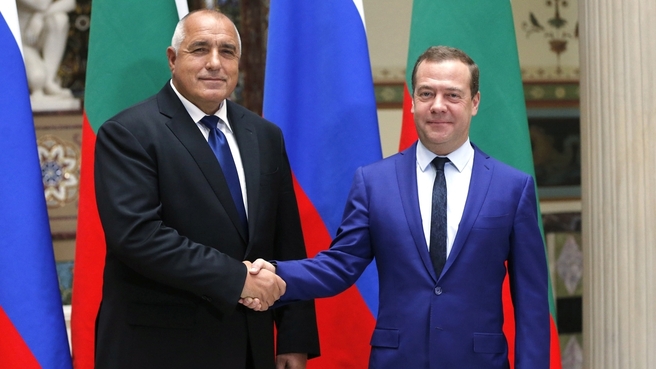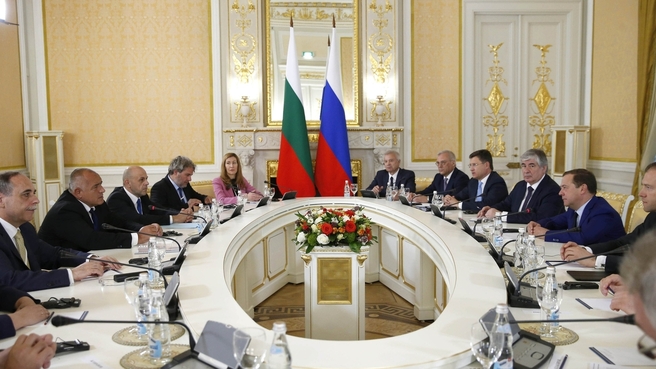Submitting to the State Duma a draft law on ratification of the International Labour Organisation Convention No. 102 Social Security (Minimum Standards)
Social Security (Minimum Standards) Convention (Convention No.102) was adopted at the 35th session of the International Labour Organisation General Conference in Geneva on 28 June 1952.
The draft federal law On Ratification of the Social Security (Minimum Standards) Convention (Convention No.102), hereafter referred to as Draft Law, has been submitted by the Ministry of Labour and the Foreign Ministry of Russia.
The Social Security (Minimum Standards) Convention (Convention No.102) was adopted at the 35th session of the International Labour Organisation in Geneva on 28 June 1952 and came into effect on 27 April 1955. The Conventions has been ratified by 55 nations.
Convention No.102 is a fundamental document of international social security law which underlies the European Codes of Social Security and the Ibero-American Multilateral Social Security Convention, as well as respective articles of the European Social Charter and the International Covenant on Economic, Social and Cultural Rights, to which Russia is a party.
Convention No.102 states key principles or organising and managing social security, such as guaranteed pensions and benefits, the amount of payments which precludes poverty, social solidarity and collecting funding, the financial stability of the system on the basis of actual expectations, democratic management with participation of social partners, the right of appealing the decisions of the administration and general responsibility of the state for the performance of system.
The comparative analysis of the Russian legislation and Convention No.102 has revealed that the parameters of the social security system in Russia comply with the provisions of the Convention.
In particular, the Convention specifies a clear ratio between the average pension and average wage. Thus, the old age pension’s coefficient of lost earning substitution must reach 40 percent. A similar number is stated in the Strategy of Long-Term Development of the Pension System of the Russian Federation (approved by Government Resolution No. 2524-r of 25 December 2012).
In accordance with Convention No. 102 provisions regarding national systems of compulsory pension insurance for employed individuals, the Russian Ministry of Labour has designed a Method for calculating lost earnings substitution for social benefits in old age, disability or loss of breadwinner. The Method corresponds to the legal obligations Russia is to assume as a state party to the Convention.
The draft law was approved at a meeting of the Russian Trilateral Commission on the Regulation of Social and Labour Relations on 15 September 2015.
In accordance with Paragraph 2 of the article 15 of the Federal Law On International Treaties of the Russian Federation, Convention No.102 is subject to ratification.

